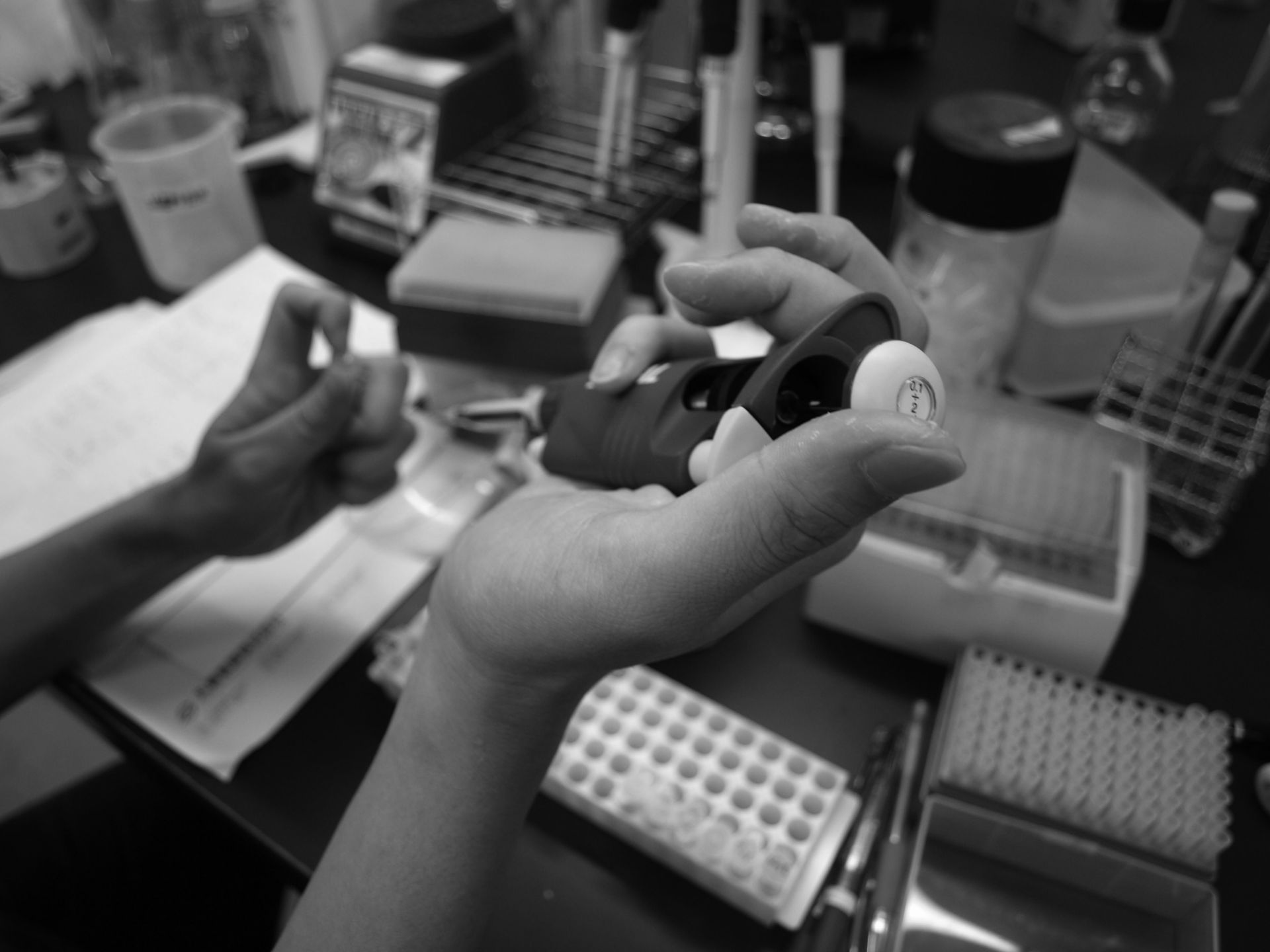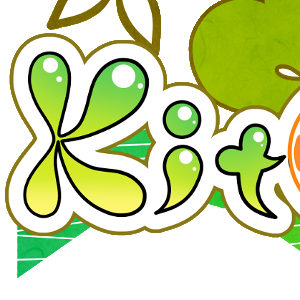Team:KIT-Kyoto/HumanPractice
From 2014.igem.org
Lovetaylor (Talk | contribs) |
|||
| (13 intermediate revisions not shown) | |||
| Line 12: | Line 12: | ||
<!--サイドメニュー--> | <!--サイドメニュー--> | ||
<ul id="nav5"> | <ul id="nav5"> | ||
| - | <li class="menuimg"><a href="/Team:KIT-Kyoto | + | <li class="menuimg"><a href="/Team:KIT-Kyoto">home</a></li> |
| - | <li class="menuimg"><a href="/Team:KIT-Kyoto | + | <li class="menuimg"><a href="/Team:KIT-Kyoto/About">about us</a></li> |
| - | <li class="menuimg"><a href="/Team:KIT-Kyoto | + | <li class="menuimg"><a href="/Team:KIT-Kyoto/Project">project</a></li> |
| - | + | ||
</ul> | </ul> | ||
<div class="active"> | <div class="active"> | ||
| Line 29: | Line 28: | ||
<li><a href="/Team:KIT-Kyoto/HumanPractice/mobile">To Connect with More</a></li> | <li><a href="/Team:KIT-Kyoto/HumanPractice/mobile">To Connect with More</a></li> | ||
<li><a href="/Team:KIT-Kyoto/HumanPractice/discussion">Discussion</a></li> | <li><a href="/Team:KIT-Kyoto/HumanPractice/discussion">Discussion</a></li> | ||
| - | <li><a href="/Team:KIT-Kyoto | + | <li><a href="/Team:KIT-Kyoto/Safety">Safety</a></li> |
</ul> | </ul> | ||
<ul id="nav5"> | <ul id="nav5"> | ||
| - | <li class="menuimg"><a href="/Team:KIT-Kyoto/ | + | <li class="menuimg"><a href="/Team:KIT-Kyoto/Achievement">Achievement</a></li> |
| + | <li class="menuimg"><a href="/Team:KIT-Kyoto/Notebook">NoteBook</a></li> | ||
</ul> | </ul> | ||
</div> | </div> | ||
| Line 43: | Line 43: | ||
<h2>Overview</h2> | <h2>Overview</h2> | ||
<div><img class="hp_top" src="https://static.igem.org/mediawiki/2014/6/64/Kit_humanpractice.png" width="400" height="400"></div> | <div><img class="hp_top" src="https://static.igem.org/mediawiki/2014/6/64/Kit_humanpractice.png" width="400" height="400"></div> | ||
| - | <p class="sentence">From plain biology to cellular biology and to molecular biology: as | + | <p class="sentence">From plain biology to cellular biology and to molecular biology: as technology advanced, our scientific focuses have shifted to ever smaller entities. Biology is not just about animals and plants. It is about invisible objects that can only be handled with microscopes, electrophoresis and PCR. On the other hand, one day hardly passes without hearing the words such as genetically engineered food and iPS cells in mass media. But how many of us really have accurate understanding of what they are? Due to unfamiliarity, general impression about synthetic biology are not positive to say the least. To wipe out this negativity surrounding synthetic biology, our team decided to <strong>bring fun to science by means of BioArt</strong>. If invisible synthetic biology is turned visible through an encounter between art and science, people will feel less intimidated about them. Art is fun, so can be science.</p> |
| - | + | <p class="sentence"> | |
| - | In this line of thought, Policy & Practices is an essential part of iGEM activities, because it is about opening synthetic biology to those not following it every day. Our various activities of Policy & Practices had one goal: to connect synthetic biology to society, economy, philosophy, politics, law, ethics, culture | + | In this line of thought, Policy & Practices is an essential part of iGEM activities, because it is about <strong>opening synthetic biology to those not following it every day</strong>. Our various activities of Policy & Practices had one goal: to connect synthetic biology to society, economy, philosophy, politics, law, ethics, culture and the environment. <div class="hp_img_link"> |
<img class="hp_img" src="/wiki/images/e/e9/Kit_Survey4_thumb.JPG"> | <img class="hp_img" src="/wiki/images/e/e9/Kit_Survey4_thumb.JPG"> | ||
<div class="hp_box"> | <div class="hp_box"> | ||
Latest revision as of 01:53, 25 November 2014



Policy & Practices
Overview

From plain biology to cellular biology and to molecular biology: as technology advanced, our scientific focuses have shifted to ever smaller entities. Biology is not just about animals and plants. It is about invisible objects that can only be handled with microscopes, electrophoresis and PCR. On the other hand, one day hardly passes without hearing the words such as genetically engineered food and iPS cells in mass media. But how many of us really have accurate understanding of what they are? Due to unfamiliarity, general impression about synthetic biology are not positive to say the least. To wipe out this negativity surrounding synthetic biology, our team decided to bring fun to science by means of BioArt. If invisible synthetic biology is turned visible through an encounter between art and science, people will feel less intimidated about them. Art is fun, so can be science.
In this line of thought, Policy & Practices is an essential part of iGEM activities, because it is about opening synthetic biology to those not following it every day. Our various activities of Policy & Practices had one goal: to connect synthetic biology to society, economy, philosophy, politics, law, ethics, culture and the environment.
 "
"







.png)
